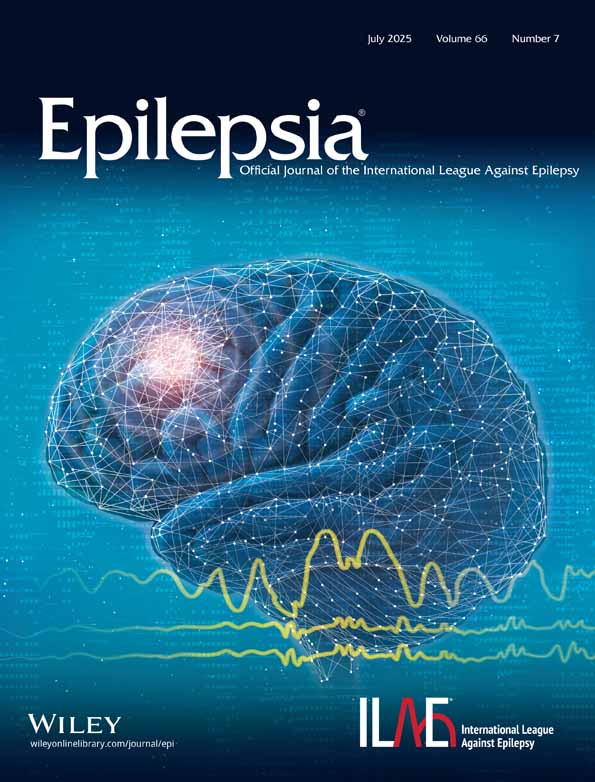High and Low Perceived Self-Control of Epileptic Seizures
Abstract
Summary: Purpose: To define behaviours and to identify psychological, demographic, and epilepsy-related variables associated with high as opposed to low perceived self-control of seizures.
Method: In a semistructured interview, 100 adults with intractable seizures were asked about their seizure precipitants and attempts at self-control of seizures. They also completed four psychological questionnaires. Latent Class Analysis was used to analyse the interview data to create two groups, High Controllers and Low Controllers, who were then compared on demographic, epilepsy, and psychological characteristics.
Results: Being able to identify and seeking out low-risk-for-seizure situations, avoiding high-risk-for-seizure situations, and making attempts at seizure inhibition were seizure behaviours that discriminated High from Low Controllers. The general probability of being a High Controller was greater than that of being a Low Controller. Perceived high self-control of seizures was associated with low chance-health locus of control. For Low Controllers, current age, age at onset of seizures, and duration of epilepsy history were related to psychological variables. A significantly higher proportion of the Low Controllers than High Controllers were women.
Conclusions: Many people with intractable seizures do not accept their epilepsy as a condition over which they have no control. Perceived self-control of seizures, however, involves a complex interaction between epilepsy and psychological factors, with health locus of control an apparently important discriminator between High and Low Controllers.




